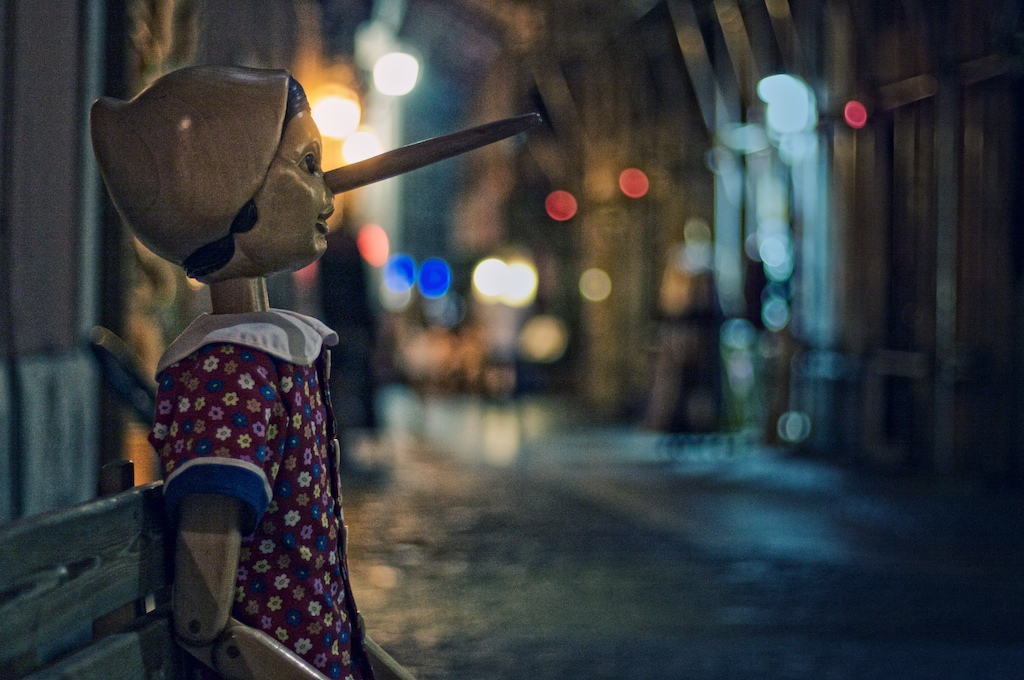There are definitely days when it would be nice to have a few more social media followers, but at the same time, I know I have earned everyone that I have. That apparently is a rarity.
According to new data from The Associated Press, there is a growing global marketplace for fake clicks. Companies, celebrities and even the U.S. State Department are willing to pay to get more social media clout whether that be through LinkedIn connections, YouTube clicks, Twitter or Facebook followers.
Italian security researchers and bloggers, Andrea Stroppa and Carla De Micheli, estimated in 2013 that sales of fake Twitter followers have the potential to bring in $40 million to $360 million to date and that fake Facebook activities bring in $200 million a year. Whoa!
But the actual cost of buying a follower is on the very, very cheap side. According to Forbes, if you buy 1,000 Twitter followers, it costs about $1.75. For 1,000 YouTube views, it is about $3.10. Facebook is more expensive with 1,000 followers costing $35.
But employers and companies are starting to crack down on these social media fictions. YouTube and Facebook just made major purges on fake accounts. Let’s not forget that Facebook’s foundation is an online community made up of real people.
And if you are a job applicant boasting about your giant social media following, you better make sure it is all real. Don Charlton, Co-founder and CEO of applicant tracking software company, The Resumator, told Forbes, “Employers have become increasingly more sophisticated when reviewing an applicant’s social media prowess. No longer are they taking the numbers at face value. We are finding that many hiring managers are evaluating the quality of a candidate’s social media network, as well as its overall size.”
So where do these fake clicks come from? I am imagining a kind of scary thing where autobots just click on computers all day (I watched way too much of that new Fox series “Almost Human” this week), but I would be wrong. According to The AP, Dhaka, a city of 7 million in Bangladesh, is an international hub for click farms. However, unlike the autobots I imagined, these clicks aren’t actually fake because real humans are working at them.
So this is what you need to know about fake clicks and how they can hurt you.
- They will actually hurt your Klout score, not help it
- Employers are tracking down using new apps like Statuspeople.com’s Fakers Application and TwitterCounter
- Yelp picks up on if a company has too many fake or suspicious reviews
This piece was written by Meredith Lepore and is reprinted by permission.
Image credit: CC by The Wolf





